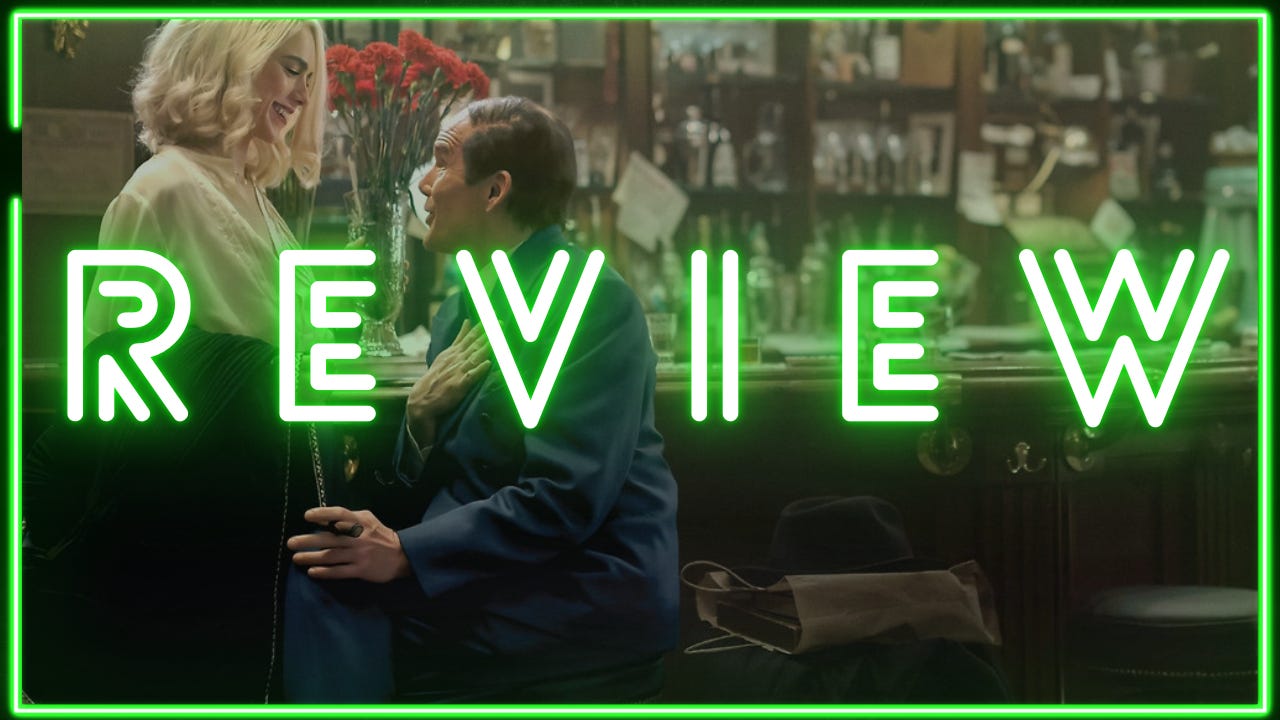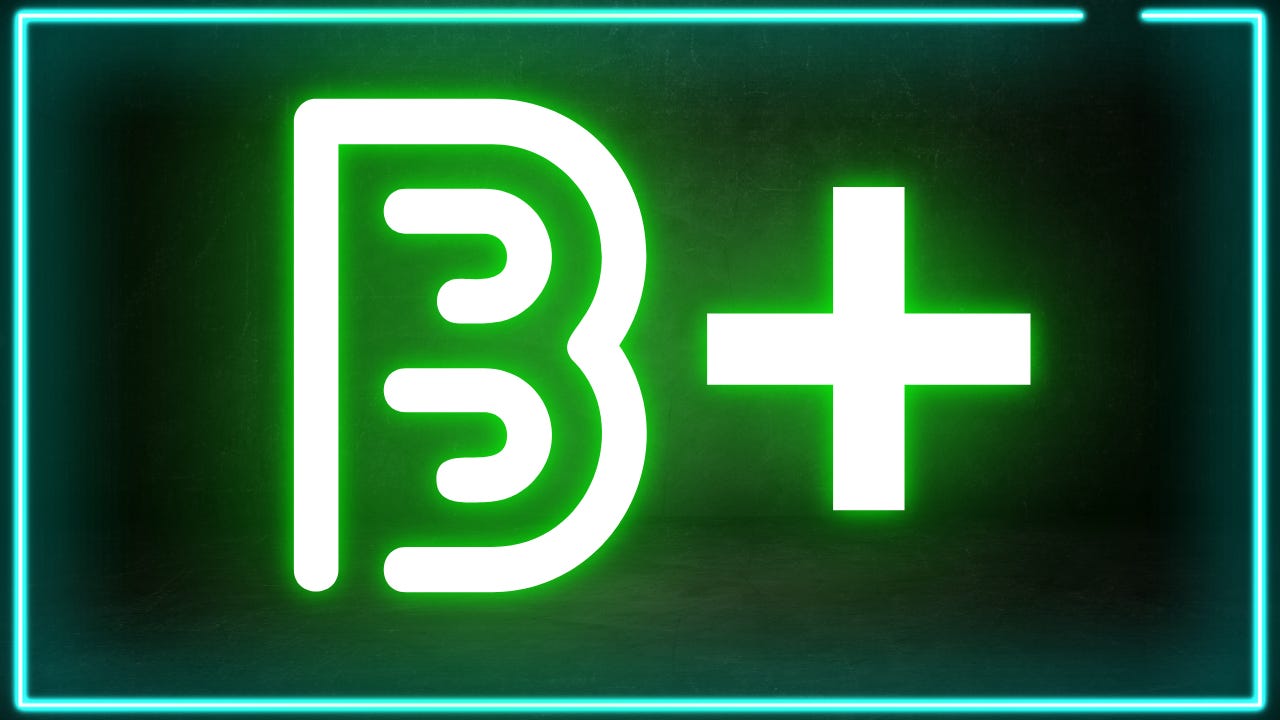Film Review: Blue Moon
A New Film From Richard Linklater
INTRODUCTION
This is a quick review of the newly released film Blue Moon. Please note that this is just one of the many movies I will have watched each year, and my initial grade for this film may change over time, for better or worse. To stay up to date on my thoughts about other movies and any potential changes in my opinion on this one, follow me on Letterboxd.
If you enjoy these reviews, I’d greatly appreciate it if you could share this newsletter with family and friends who might love receiving film reviews, classic movie lists, and Oscars projections straight to their inbox.
PLOT
Via Letterboxd: On the evening of March 31, 1943, legendary lyricist Lorenz Hart confronts his shattered self-confidence in Sardi’s bar as his former collaborator Richard Rodgers celebrates the opening night of his ground-breaking hit musical Oklahoma!.
REVIEW
Over the last few years, Richard Linklater has quietly solidified himself as one of Hollywood’s more prolific directors. The Texas native has given us some of the most respected works in modern cinema such as The Before Trilogy and Boyhood, as well as mainstream classics like Dazed and Confused and School of Rock. More recently, he made some waves with Hit Man, which became a breakout hit for Netflix last year.
But in 2025, Linklater isn’t slowing down. He’s releasing not one but two new films, each centered on real-life figures who left a lasting mark on the arts. One of those is the French-language Nouvelle Vague, which I’ll review in the coming weeks. The other is Blue Moon.
Blue Moon is a modest chamber piece, unfolding over the course of an evening as Ethan Hawke’s Lorenz Hart grapples with the reality of his longtime collaborator Richard Rodgers (played by Andrew Scott) finding new success alongside Oscar Hammerstein (Simon Delaney). Along the way, Hart crosses paths with Margaret Qualley’s Elizabeth Weiland, Bobby Cannavale’s Eddie, Patrick Kennedy’s E.B. White, and even encounters the likes of George Hill and Stephen Sondheim.
If that sounds like something better suited for the stage than the screen, I wouldn’t disagree. If it sounds potentially repetitive, watching Ethan Hawke wander through a long night of self-recrimination, it sometimes is. And if the inclusion of so many theatre legends feels a bit forced, that too is understandable.
Yet despite those gripes, what ultimately makes Blue Moon work is Hawke himself. The entire story is filtered through Hart’s perspective; we never leave his side. We laugh at his wit, cringe at his self-destructive impulses, and feel genuine sympathy when his insecurities get the best of him. Hawke manages to make Hart both magnetic and exasperating, a man whose brilliance could be shadowed by his own flaws.
Theatre lovers will likely find more to appreciate here than the average moviegoer. This is a film for those with affection for forties Broadway and the art of musical writing. While it sometimes plays like a stage adaptation, Linklater’s touch and Hawke’s performance keep it engaging from start to finish. Blue Moon is charming, melancholic, and quietly affecting; a film that may earn a spot on my personal year-end ballot for both Screenplay and Acting categories. I give Blue Moon a soft but still solid initial grade of B+.
“TL;DR”
Pros: Ethan Hawke absolutely own the screen from start-to-finish in one of his greatest performances; Theatre fans will pop themselves with the various odes to its history
Cons: Can definitely feel very stagey at times which can take you out of the movie; Its ode to classical artists can come off as forced cameos for some
GRADING




